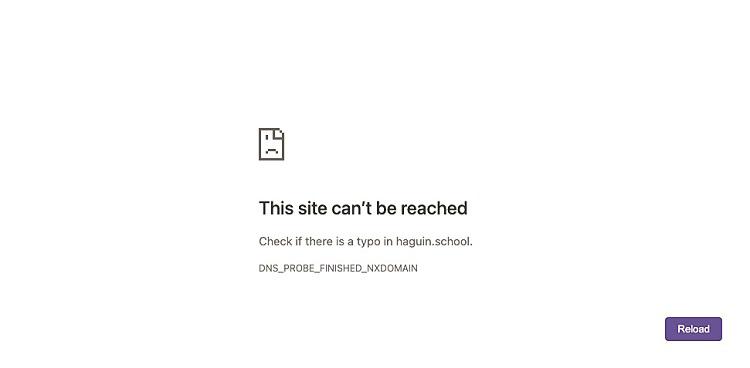IN the current digital age, the internet is a critical aspect of everyone’s daily life, no matter which strata of society they come from as it is used to communicate, work, learn and access information from around the world.
However, recent events in Malaysia have raised concerns about a practice called “DNS redirection” and its potential impact on internet freedom.
This article aims to explain what DNS redirection is and why it matters, especially when it comes to press and media freedom.
What is DNS?
To understand DNS redirection, we first need to know what DNS is. DNS stands for “Domain Name System” and it is akin to the internet’s phonebook. When someone types a website address such as https://thesun.my into their browser, DNS translates that human-readable name into a numerical address that computers use to find and connect to the website.
What is DNS redirection?
DNS redirection is when this process is interfered with, usually by an Internet Service Provider (ISP) or a government. Instead of the request going to the regular DNS servers, it is sent to different servers controlled by the ISP or government. This allows them to control the websites that users can access.
Imagine if, when you looked up a friend’s number in a phonebook, someone had changed some of the numbers to direct you to different places. That is similar to what DNS redirection does but for websites.
Why is DNS redirection used?
Governments and ISPs often claim DNS redirection is used for good reasons such as blocking illegal content, including gambling and pornography sites, protecting users from scams and malware, along with preventing access to copyrighted material.
While these goals may seem positive, DNS redirection can have serious downsides, especially when it comes to freedom of information and expression.

Dark side
Overblocking
Sometimes, legitimate websites get blocked by mistake. This can prevent people from accessing important information or services. Some may have experienced this on their company’s internet network, in which a harmless site is blocked due to being inaccurately categorised.
Lack of transparency
Often, users are not told when DNS redirection is happening or why a site is blocked. This leaves people in the dark about what they can and cannot access.
Privacy concerns
When all of a user’s internet traffic goes through government or ISP-controlled servers, it raises questions about who can see their online activities.
Slowing down the internet
DNS redirection can sometimes make the internet connection slower, affecting what should be a seamless online experience.
Bypassing security
Some forms of DNS redirection can interfere with security features designed to protect users online.
Impact on press and media freedom
One of the most concerning aspects of DNS redirection is its potential to limit press and media freedom. Here is how the latter could be potentially affected:
Censorship
Governments could use DNS redirection to block access to news sites or social media platforms they disagree with. This limits people’s access to diverse viewpoints and information.
Interfering with source protection
Journalists rely on secure communication to protect their sources. Some forms of DNS redirection could compromise this security.
Creating information bubbles
If people can only access certain approved news sources, it can lead to a less informed public and make it harder to hold those in power accountable.
Situation in Malaysia
Though the plans for DNS redirection have fallen apart, the recent events in Malaysia have nonetheless created an air of concern. The government announced plans to implement DNS redirection to block harmful websites but while they claim this is to protect against scams and illegal content, it has raised alarms about potential overreach.
While DNS redirection can be a powerful tool for controlling internet access, it is important that its use is transparent, limited and subject to oversight.
On the surface, the entire issue may seem like a technical one but its implications for press freedom, access to information and democracy are profound. As citizens of the digital age, it is crucial to stay informed and vigilant about how internet access is being controlled and potentially limited.









